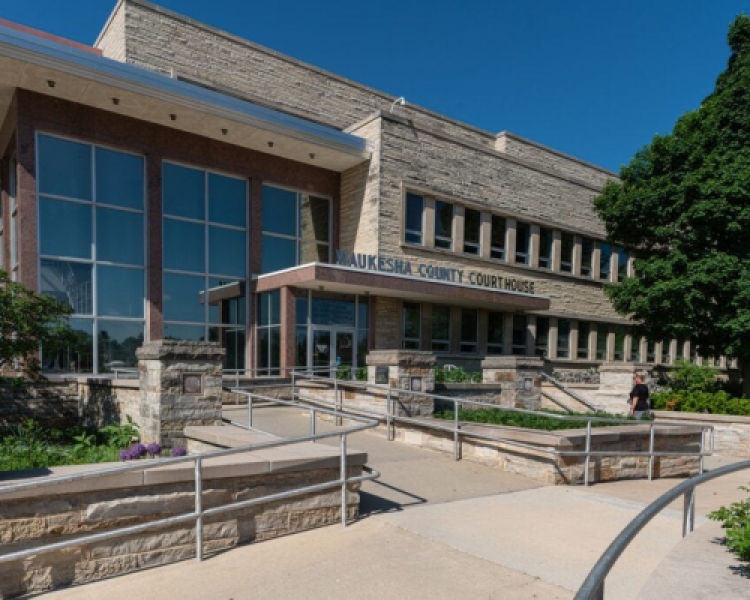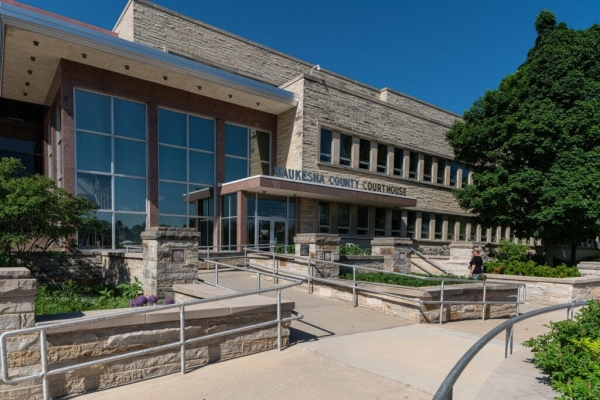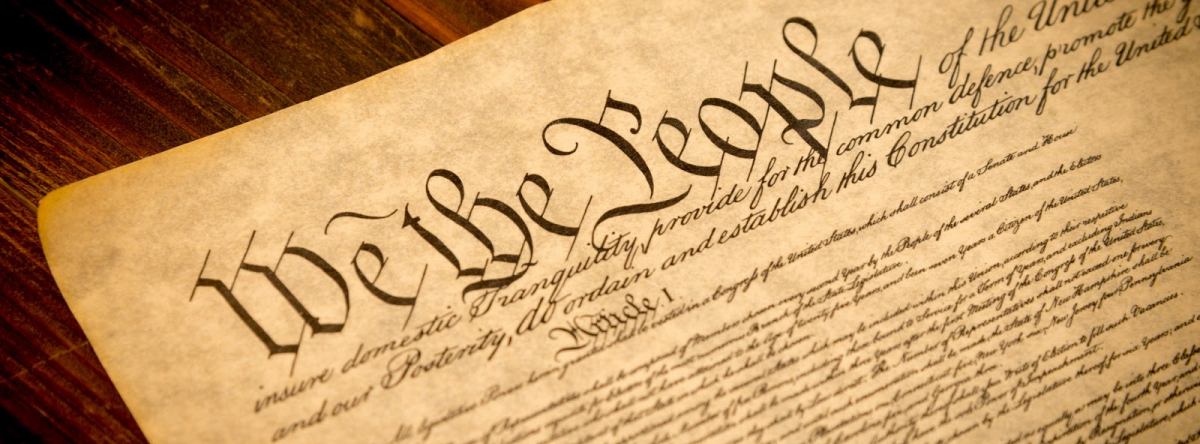Today, Judge Michael P. Maxwell of the Waukesha County Circuit Court issued a ruling in the case Cerny v. Wisconsin Elections Commission (WEC) that requires the WEC to verify the U.S. citizenship of ALL voter registration applicants and review existing voter rolls for non-citizens.
The WEC and local officials must fulfill their duties and are barred from registering anyone without verification of US citizenship.
The court also mandated collaboration between the parties to create a plan, utilizing Department of Transportation (DOT) records or other legal methods to identify ineligible registrants. This review must be substantially completed before the next statewide election.
The ruling grants the petitioners’ request for a writ of mandamus, which will enforce stricter citizenship verification protocols. It stems from a lawsuit filed Sept 30, 2024, by voters challenging the WEC and the DOT for failing to cross-check voter registrations against DMV records to confirm U.S. citizenship, as required under state law.
This is a significant win for election integrity and a major step forward in Wisconsin’s election processes, as it protects every lawful vote from dilution by illegal ballots. The case also serves as a template for other states as the ruling aligns with ongoing national debates on election integrity.
Implications:
WEC must verify U.S. citizenship for every new voter registration applicant. Additionally, WEC is required to investigate and identify any non-citizens currently on the state’s voter rolls.
Establishes a “plain and positive duty” under state law, closing perceived gaps in verification. This could involve real-time checks during the registration process.
Injunction on Registrations:
WEC and regulated local election officials are barred from processing any voter registration (electronic or paper) without first confirming U.S. citizenship, alongside other statutory requirements (e.g., age, residency).
Immediate enforcement mechanism—registrations halt without proof, potentially affecting online portals, DMV-linked forms, and in-person applications.
Voter Roll Review Plan:
Parties must collaborate on a process to audit existing rolls, possibly by matching against Wisconsin DOT/DMV files or other legal data sources, to flag ineligible (non-citizen) registrants. The audit must be “substantially completed” before the next statewide election.
Targets proactive maintenance, addressing claims of “dilution” by ineligible voters. Success depends on data-sharing agreements and resources.
Follow-Up Hearing:
Ensures accountability; the court retains jurisdiction for adjustments or further relief. A Zoom status conference is scheduled in 60 days (around December 3, 2025) to review progress, the audit plan, and any unresolved issues.
A big thank you to the attorneys and plaintiffs. Also, thanks to Peter Bernegger and the many other concerned citizens involved, who helped push the case along over the last year. It demonstrates how private litigation and grassroots efforts can drive public policy when elected officials and state legislatures remain silent.
Share This Post...











